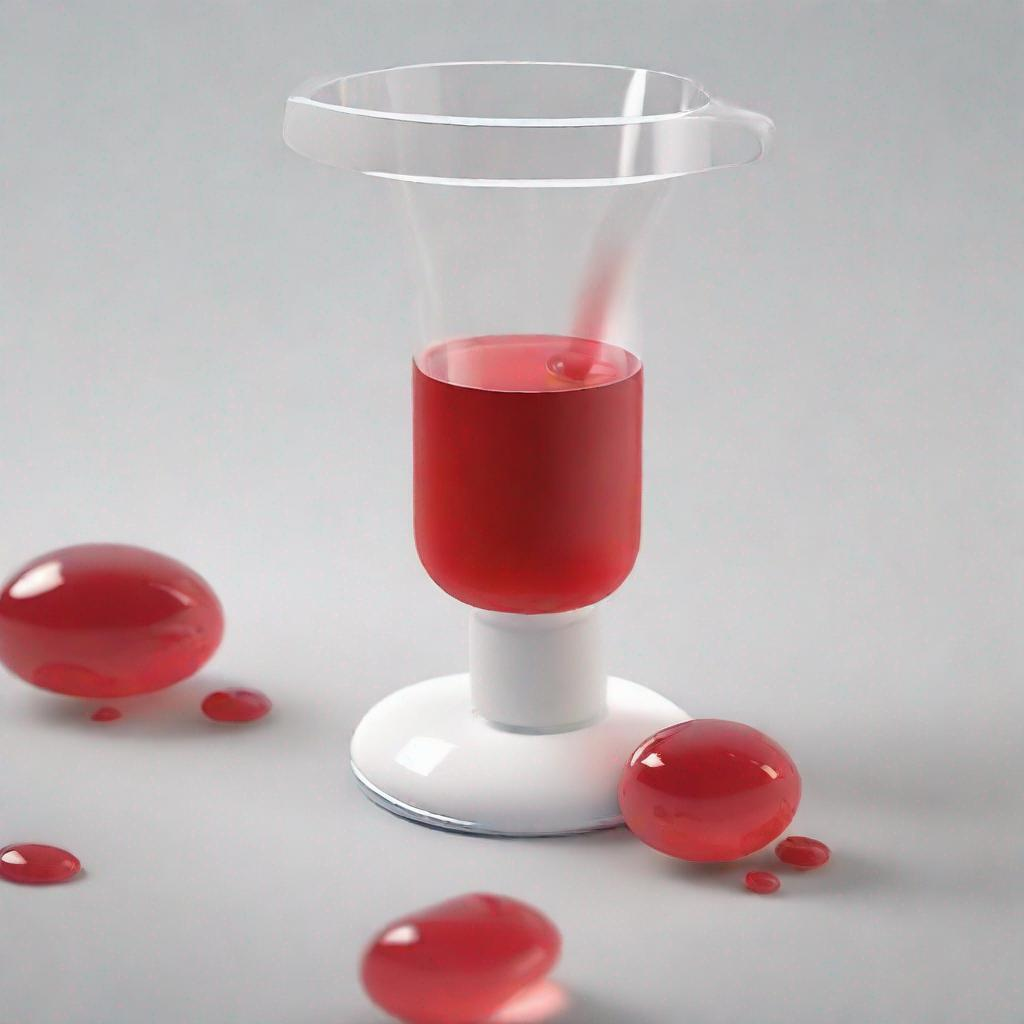## Cortisol Test: A Window into Your Adrenal and Pituitary Health
**Introduction**
The cortisol test is a valuable tool for diagnosing and monitoring various health conditions. Cortisol, known as the “stress hormone,” plays a crucial role in regulating your body’s response to stress, glucose metabolism, blood pressure, and immune function. Abnormalities in cortisol levels can indicate underlying disorders, making this test an essential part of medical diagnostics.
**Test Overview**
The cortisol test measures the amount of cortisol in your blood. It can provide insights into the function of your adrenal glands, which produce cortisol, and your pituitary gland, which regulates cortisol production. By detecting cortisol levels, this test helps diagnose conditions affecting these organs and their impact on your overall health.
**Conditions and Diseases Detected**
The cortisol test can detect various conditions and diseases, including:
- **Cushing’s syndrome:** An overproduction of cortisol, caused by an adrenal gland tumor or other disorders.
- **Addison’s disease:** An underproduction of cortisol, often due to an autoimmune disorder or adrenal gland damage.
- **Pituitary disorders:** Dysfunction of the pituitary gland, which can lead to abnormal cortisol production.
- **Adrenal gland disorders:** Tumors, infections, or other problems affecting the adrenal glands, including pheochromocytoma and primary aldosteronism.
- **Stress-related disorders:** Prolonged stress can lead to elevated cortisol levels, which can contribute to depression, anxiety, and other mental health conditions.
**Preparation Guidelines**
To ensure accurate results, it’s important to follow the preparation guidelines for the cortisol test:
- **Fasting:** You may be asked to fast for 8-12 hours before the test.
- **Medication:** Inform your doctor about any medications you’re taking, as some may interfere with the test results.
- **Exercise:** Avoid strenuous exercise on the day of the test.
**Procedure**
The cortisol test is a simple and safe procedure. A healthcare professional will draw a small amount of blood from a vein in your arm. The blood sample will be sent to a laboratory for analysis.
**Duration and Waiting Time**
The blood draw procedure takes only a few minutes. The time it takes to receive your test results will vary depending on the laboratory. It can range from a few hours to several days.
**Additional Tests**
Your doctor may recommend additional tests to complement the cortisol test and provide a more comprehensive assessment of your health. These may include:
- **Electrolyte panel:** To check for imbalances in potassium and sodium levels, which can be affected by cortisol levels.
- **Glucose tolerance test:** To assess your body’s response to glucose and rule out diabetes.
- **CT or MRI scan:** To visualize the adrenal glands and pituitary gland for abnormalities.
**Conclusion**
The cortisol test is a powerful tool for diagnosing and monitoring conditions affecting the adrenal and pituitary glands. By measuring cortisol levels, it helps identify hormonal imbalances and stress-related disorders. If you’re experiencing symptoms such as fatigue, weight gain or loss, mood swings, or muscle weakness, your healthcare provider may recommend a cortisol test to determine the underlying cause. Discuss with your doctor whether this test is right for you and how the results can guide your treatment plan.




